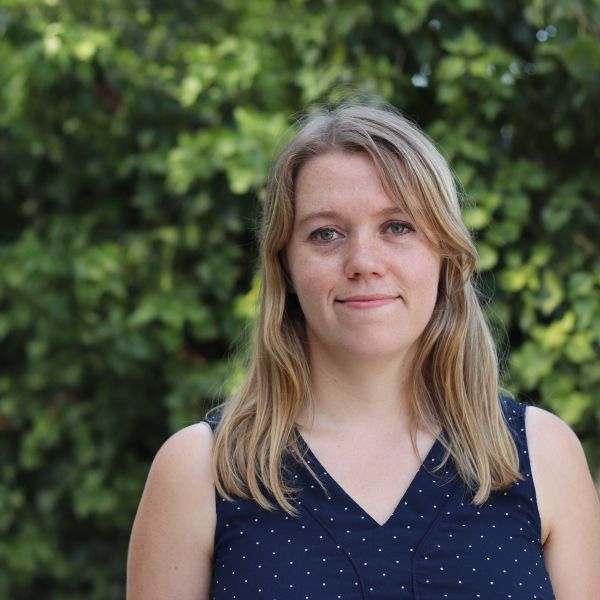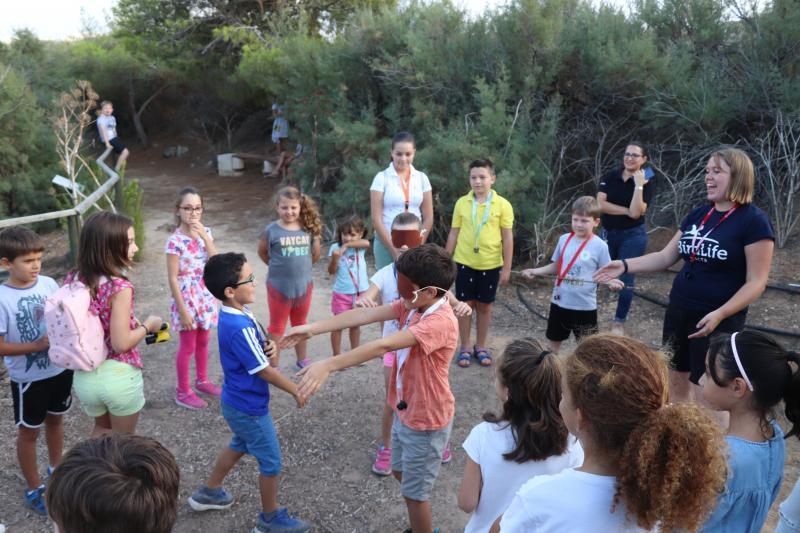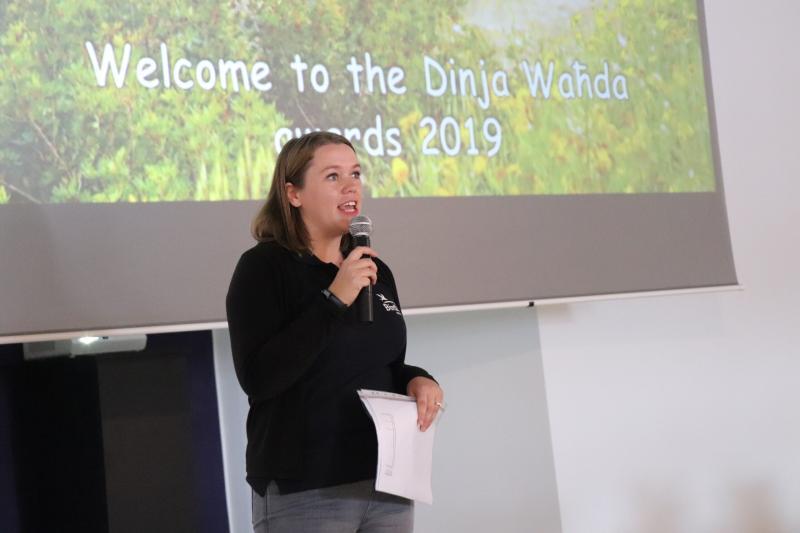Image

Rabat, Malta
Age: 27
Sarah connects environmental educators around the world with professional development and collaboration opportunities through the One World Learning network.
How are you using education to build more sustainable and equitable communities?
I currently work for BirdLife Malta as the Head of Education and Engagement. My environmental education work centers on capacity building and improving the effectiveness of our education programmes to connect people to nature and develop pro-environmental behaviours. This involves managing an education team of eight people to deliver a variety of education programmes from schools to non-formal education across the Maltese Islands. To support our work, I write funding applications, develop strategies and concepts, and form new partnerships. As part of BirdLife International, a network of 116 organisations around the world, I facilitate an environmental education network called One World Learning (OWL). We currently have 80 educators from over 27 countries who support each other to deliver effective environmental education programmes and learn together through professional development opportunities.

Inspired by a childhood spent exploring the Scottish Highlands and having had the opportunity to be surrounded by wildlife experts and enthusiasts, I have wanted to work in the field of conservation since the age of 9. I started volunteering and participating in youth camps with an environmental education charity called Wildthings! at 14 years old and became a bushcraft instructor working freelance from the age of 17. This was my first experience working in environmental education, and it had a real influence on my future career. I studied Conservation Biology at the University of Aberdeen and I began to notice that my strengths were in the courses that involved engaging with people. The satisfaction and joy from connecting people to nature, combined with my strong belief that this connection is vital for conservation efforts, has led to me to not only pursue a career in environmental education but also engage others to recognise its value.
What advice would you give to the next generation of leaders?
Two important qualities to succeed in environmental education are resilience and passion. First, find your mission: why is environmental education important to you? Then, pursue that mission with single-mindedness despite any setbacks you may face. It can be challenging to find jobs in this sector, so whenever you can, say yes to any volunteering opportunities and extra-curricular activities, and try to get as much experience as possible. Don’t be afraid to reach out to people who already have successful careers in environmental education. I have a network of mentors who I can bounce ideas with, check new strategies, and ask for advice. Finally, don’t lose your own connection to nature. Your success depends on your ability to be resilient and passionate about your work, which you cannot do if you forget why you, too, love spending time in nature.

I am happiest watching the transformation of a child discovering nature for the first time. Starting from the uncertainty of learning how to interact with a new environment, to the beautiful moment of the child feeling confident and totally absorbed in playing and interacting with nature. Knowing that as a result of my work that child had the opportunity to discover nature, and watching as the child grows and develops their connection, brings me immense satisfaction and happiness. Whatever setbacks I may face, this moment makes it all worthwhile.
If you could have one superpower, what would it be?
The superpower I would choose is the power of flight. Having worked for a bird conservation charity for four and half years now, I have always been struck by the freedom of birds flying unrestricted by borders. They literally have the world at their wingtips! A bird’s eye view of the world would give such a unique perspective of humanity and our relationship with nature.